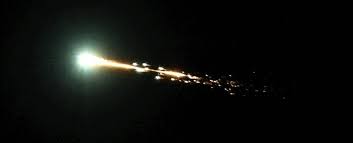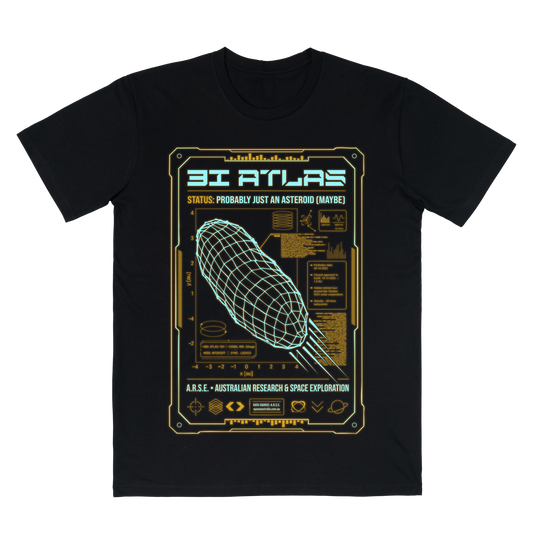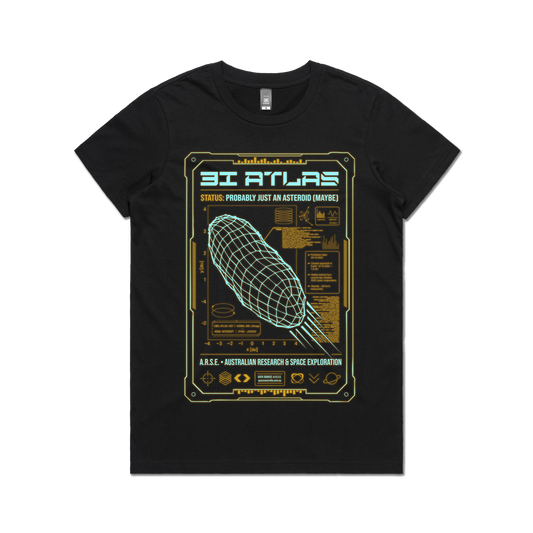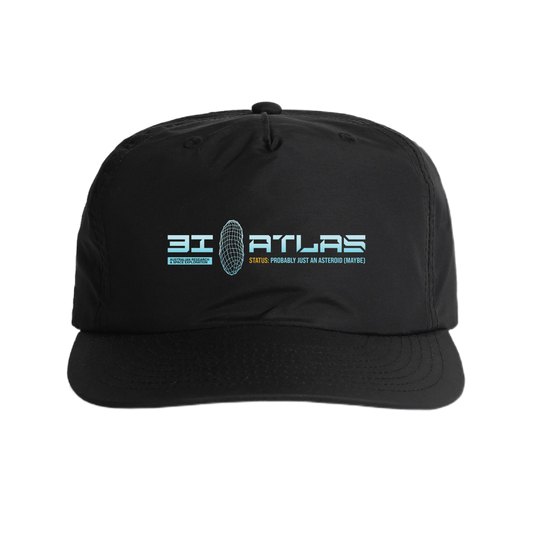
Streaking Aussie Desert Fireball Actually Ultrarare 'Minimoon'
Share
Six cameras observed the barren outskirts of South Australia's Port Augusta for 200km around hoping to find the activity of space debris falling to Earth.
And in 2016, we observed just that.
This system is known as the Desert Fireball Network, a super badass name for a super badass project.
An object came into view unlike any other, very slowly and almost completely vertical in trajectory. Something not readily seen in space objects, including satellite debris.
The above isn't actually it, but it is very similar to the minimoon footage we can't actually share.
Only now we understand with the trajectory and speed that it was what is commonly called a 'minimoon'.

Minimoons are temporary space rocks that get caught in Earth's orbit instead of meeting our atmosphere and being torn apart from hurtling through high-pressure air.
A supercomputer calculated the odds of a minimoon occurring and it's a surprising 18,000 minimoons per 10 million asteroids.

As it stands, we have only discovered a total of 21,495.
They are particularly hard to detect due to the time spent in orbit and are commonly of a small size.

But why do we care about minimoons?
For starters, sending spacecraft to asteroids is time-consuming and very costly as the distances are obviously going to be pretty far.
But a minimoon that comes to us and kinda just hangs out waiting for us to make a move?
Cheaper and faster.
With more focus in Australia for a unified effort to push into the unknown, our vast expansive desert and surveillance capabilities can make this a real point of pride for us.
Know a friend who loves a good minimoon?
Share with them this story and check out our supporter gear to help spread ARSE far and wide!
#Space_Aus




